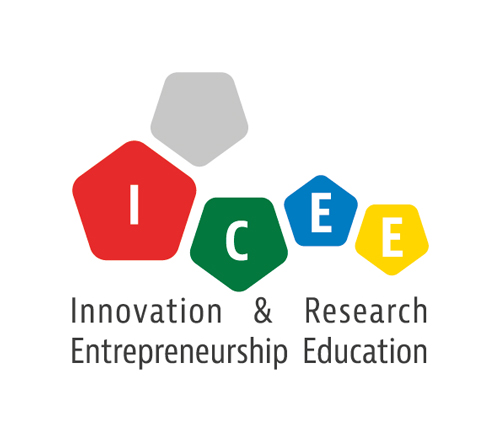First Results
Mini companies work! Students who have participated in a mini company know how to establish their own business

Through participation in the JA Company Programme, students learn knowledge and skills about business development and innovative processes, and they become aware of the possibility of becoming an entrepreneur.
There is a vital increase of entrepreneurship education at all levels of the educational systems in Europe. It is important to assess whether entrepreneurship education has the expected impact on students’ personal qualities, knowledge and skills concerning innovation and business, and their attitudes and perceptions of entrepreneurship and entrepreneurs. The Innovation Clusters for Entrepreneurship Education (ICEE) is a three-year research project/policy experiment, measuring the impact of mini-companies and the JA Company Programme (CP).
Compared to those with no CP or low CP-activity, a significant higher proportion of those with medium/high CP-activity (100 hours or more) reported that they had the necessary knowledge and skills to start and run a new business. Moreover, they had significant higher scores on statements about the positive social impact that entrepreneurs make, as compared to those with no CP or low CP-activity. Finally, those with medium/high CP-activity preferred self-employment to employment more often than those with no/low CP-activity. These are preliminary findings from a survey with more than 7000 students.
Teachers in the ICEE study point out that the students have gained considerable knowledge about starting and running a company, not only in theory, but in practice, by actually establishing their own company. This is concrete knowledge about the different phases of a business, from having an idea to producing, marketing and selling it.


 ICEE project has been funded with support from the European Commission, Erasmus+ Programme. This website reflects only the views of the author, and the Commission cannot be held responsible for any use which may be made of the information contained therein.
ICEE project has been funded with support from the European Commission, Erasmus+ Programme. This website reflects only the views of the author, and the Commission cannot be held responsible for any use which may be made of the information contained therein.